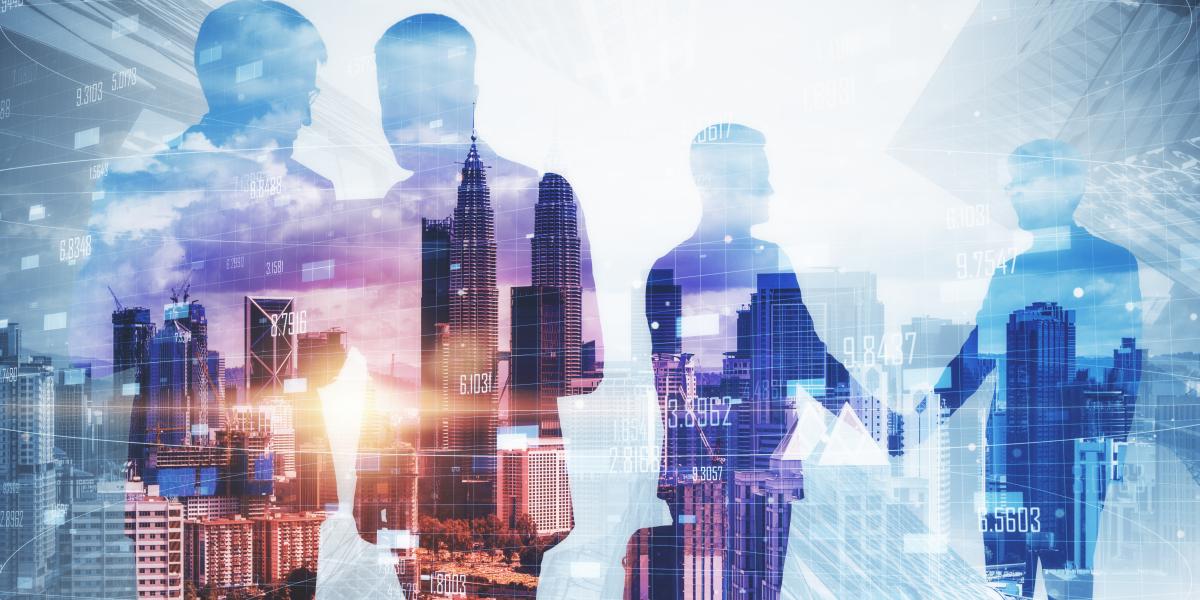Here is our pick of the 3 most important stablecoin stories during the week.
The What, How and When of CBDC’s in the west.
This week we decided to do a deep dive in CBDC’s and in particular the many projects facilitated by the BIS. Yes China has an extensive trail and a number of other various projects are underway in various parts of the world, but our interest lies where issues of privacy and freedom run the strongest. There has been a lot of reporting but has anything substantive been achieved?
First, the Central banks from France, Switzerland and Singapore are attempting to automate foreign exchange markets, using decentralized protocols to cut the cost of cross-border payments.
Project Mariana, coordinated by the Innovation Hub of the Bank for International Settlements (BIS), is looking at whether protocols used in intermediary-free decentralized finance (DeFi) can replace traditional, more laborious processes for matching buyers and sellers of different fiat currencies.
“DeFi and its applications have the potential to become systemically important parts of the financial ecosystem,” the BIS said in a statement on its website. It added that automated market makers can become “the basis for a new generation of financial infrastructure.”
Meanwhile, officials are also struggling with how to regulate DeFi, given that there’s no obvious entity to heap obligations on. One study from the BIS last December even called DeFi an “illusion,” saying that centralized governance is inescapable.
France, Switzerland, Singapore to Test DeFi in Forex Markets (coindesk.com)
Recently, a six-week pilot project to evaluate whether central bank digital currencies (CBDC) would be useful for foreign exchange transfers successfully had 20 different commercial banks conduct over 160 payments worth around a total of $22 million, the Bank for International Settlements (BIS) revealed in a report.
Central banks – based in Hong Kong, China, the United Arab Emirates and Thailand – issued over $12 million on the platform, allowing the commercial banks to conduct payment and foreign exchange payment versus payment transactions (PvP), the report said. The pilot was part of BIS’s ongoing Project mBridge, a collaboration between the international financial institution and the central banks of those four nations that is studying CBDCs and their possible role in cross-border payments and multi-CBDC transactions.
“One important observation is the limited number of FX PvP transactions which were conducted during the pilot compared with one-way payments,” the report said. “This reflected in part the relatively short window of time banks had to off-load their foreign CBDCs due to the requirement set by some central banks to clear balances of their CBDCs at the end of the day, along with the limited overlapping RTGS [real-time gross settlement] hours between the four jurisdictions.”
According to the document published recently, one issue the banks found was that the on-bridge transactions lacked “an efficient FX price-discovery mechanism.” The FX rates were instead determined off-bridge, before the transactions occurred, which led to the banks needing to tap pre existing balances in nostro accounts rather than using mBridge itself.
Foreign Exchange Transactions Take Center Stage in New BIS CBDC Report (coindesk.com)
A project involving multiple Asian central bank digital currencies (CBDC) has been badged a success, facilitating over $22 million in foreign-exchange transactions, the Bank for International Settlements (BIS) said. The trial, described as the first of its kind ever, using a custom-built distributed-ledger technology platform, is supported by central banks from China, Hong Kong, Thailand and the United Arab Emirates.
Landmark International CBDC Test Deemed Success, BIS Says (coindesk.com)
So in summary, lots of technical work, of which some appears to be useful, has or is being carried out, but the large political debate in the west about how our privacy and freedom will be protected or how much we would give up to access the benefits of this new technology has not even begun.
In short, we are in practical terms still a very long way away from having a CBDC in the west.
__________________________________________________________________________________________________________________________________
Alan Scott is an expert in the FX market and has been working in the domain of stablecoins for many years.
Twitter @Alan_SmartMoney
We have a self imposed constraint of 3 news stories per week because we serve busy senior Fintech leaders who just want succinct and important information.
For context on stablecoins please read this introductory interview with Alan “How stablecoins will change our world” and read articles tagged stablecoin in our archives.








































